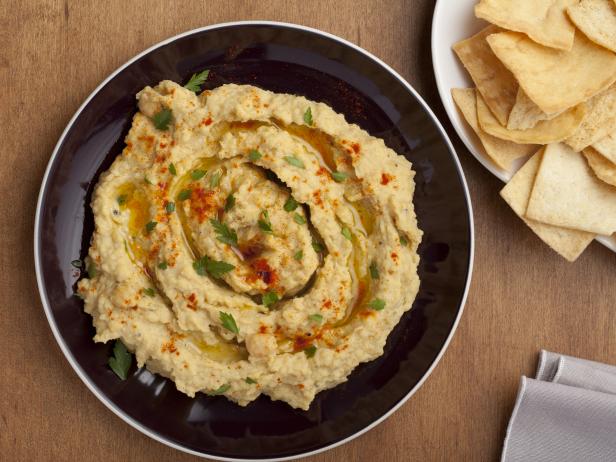‘Hummus’- a recent craze in the US has taken over like a storm. Health freaks have increased their popularity in the US. But recently, dieticians have warned about their overuse.
So How Healthy Is Hummus?
Chickpeas, which were rarely seen in the US diet, were introduced through the interest towards the middle eastern culture- more specifically- their food and diet- which led to the discovery of Hummus. In order to keep up with the trend, the US had started cultivating more of chickpeas to boost the market. And their deliciousness does help in its popularity in the US, where chips are usually taken with some type of spreads. Time and again, people are cautioned against the use of these dips for their debatable nutritional value and Hummus acts as a hero in this case.

Scientifically, Hummus can provide you with many benefits due to the ingredients used in making them- chickpeas, olive oil and sesame seeds. Chickpeas are plant-based proteins that can provide vegetarians with the right amount of protein along with vitamins and minerals. They can also be a great source of fiber. And the olive oil used to make the Hummus is known to contain its own health benefits. All in all, Hummus can be taken as a very good snack option when you feel the need to avoid junk food. A 2016 review published in the journal Nutrients concluded that Hummus can be an integral part of a healthy diet
So why do dieticians sound alarm bells?
Not all Hummus is made the same way. It all depends on the balance of ingredients which can give the right amount of antioxidants, proteins etc. and not overdoing on the calories and fats. The simpler the ingredients, the healthier it is. Hence it is better to check the nutritional facts before we get Hummus to binge eat. And if you try the homemade route, it is better to use the traditional recipes to gain maximum rewards.
Nutritionist Heather Hanks, in an online publication, stressed that too much Hummus can cause gastrointestinal inflammation. Hanks believes that chickpeas, which are basically legumes, are not easily digested by many people, which can lead to GI inflammation. The high fiber content may not be suitable for all types of bodies
In case you hadn’t noticed, after snacking on Hummus, you might feel bloated and constipated along with signs of gas and diarrhoea – which are all signs of GI inflammation. This is because, according to the nutritional facts, eating more than 5 tablespoons of Hummus could provide you with more than 70 grams of fiber which exceeds the normal daily fiber requirements. And whatever food items we eat along with it could only add more fiber content
But fret not, as with any cautionary advice to high fibre diet, drinking lots of water could curb any GI effects shown by the hummus diet. Other than this, there might be no other precautions to be taken. Kelsey Lorencz, RD at Graciously Nourished, suggests on limit training. As with any fibre rich food, introducing fiber in the diet must be gradually increased so that the body can cope up with it. And drinking plenty of water could flush out the fiber easily.
But other than GI inflammation, nutritionists believe Hummus is relatively safe. And even if overdone, they could be easily cured by using ways to cut down on bloating.
Hummus is still healthy and it can be part of your diet. It is still a better alternative to your sour cream or blue cheese dips, but much more vigilance is required while taking them.
